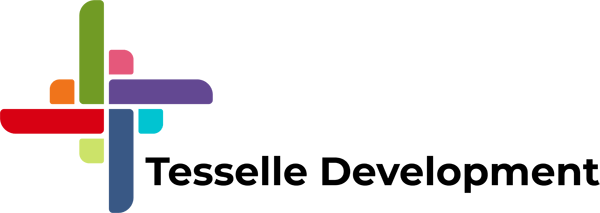Research Leader Feedback
In-depth 360 feedback for academics enables Principal Investigators, Lecturers, Research Fellows and Research Leaders, to identify ways of working better with their teams.
The process includes interviews with team members and a coaching intervention.
You want to be a great research group leader, right?
You’re unsure how to make the most of your research team
Through sheer resilience, you’ve won your research independence, but now you are in charge of the research careers of others.
Your research team is the most critical asset in leading your research to success. Your group is likely to expand. You struggle to think how you can best bring people together, to work as a team, not just a collection of individuals.
You‘re probably doing ok leading your team, but you wish you knew how to make it easier
You know how to do the research, but figuring out all the interpersonal stuff is hard work
Every team member is so different that you feel drained trying to figure out how to adapt.
It is hard for early career researchers to tell you directly how they want to be supported by you, but you are determined to create a supportive research environment.
Some team members are not delivering in the way you hope they would
You may have PhD students or Postdocs that you find particularly hard to work with. It is taking a lot of your energy to supervise or manage them.
You want to find ways to work well with anyone who comes into your group, even those who have very different motivations than you.
Why bother getting feedback from your research team?
Anchoring your actions and approaches in reality not assumptions
By listening to how you team is experiencing your research management and supervision through the Research Leader Feedback programme, you will gain valuable new insights into how to work better with them.
Appreciating the diversity of needs and motivations of your researchers
Each team member is so different that adapting to this diversity of needs is hard. The feedback allows you to explore and reflect in depth so you feel better prepared. It will help make conversations easier and more impactful with your team members.
Becoming an effective manager of researchers through enhancing emotional intelligence
You’ve probably attended workshops on PhD supervision, managing teams and leadership, but reflecting in great depth about what is going on right now in your own research group is what you need.
Gaining a multi-perspective assessment
You get to hear the views and perspectives of different team members. I provide you with an external perspective on the team dynamics and we work together through a coaching intervention so you can implement different strategies and experiment with your approaches.
Adapting to the flow of team members
You know your research team will be continuously changing, so you want to gain clarity about your approach to managing your group. You want to make it is easier to adapt. You aim to foster a research group dynamic that is equitable, inclusive and positive, despite the pressures for impact and publications.
Appreciating what your team has got to say
You have not forgotten how it feels like to be a researcher. You know it may be hard for researchers to open up to you directly about their needs. The Research Leader Feedback programme creates a safe space for your team to open up and express their needs, so you learn to become an excellent manager of researchers.
How does the Research Leader Feedback programme works?
I start with a confidential discussion with you about the areas that you want to reflect on in your approach to working with your team.
We decide collaboratively who you want to include in your feedback assessment and you gain permission from those involved.
I interview in confidence members of your team who have agreed to provide feedback and other colleagues who you want to include in the review.
You record line management or supervisory meetings with team members (with their permission).
I undertake a qualitative analysis of the interviews from your team members and of the video recordings of your team meetings.
What comes out of this feedback assessment?
I provide you with a report based on the analysis of interviews and team meetings.
We establish an action plan for the coaching intervention to enact changes in approaches and further reflections.
We meet virtually over several months to address domains for improvement.
The coaching sessions allow us to:
Discuss and integrate the feedback received
Explore tools and framework
Maintaining confidentiality
Information gathered through the interviews is combined and used to structure our coaching intervention. It is not used as a direct feedback from specific individuals. This allows those providing feedback to feel more open and willing to engage with authenticity in the process.
Why it matters:
Undertaking a 360 assessment is a powerful strategy of self-awareness to build your research leadership.
Building positive leadership skills contribute to promoting a supportive research culture.
This work contributes to helping organisations deliver their action plan as signatories to the principles of “The Concordat to support the career development of researchers”.
Why am I well placed to offer such support?
Experience of qualitative interviewing and analysis through policy work done at the University of Sheffield, as well as undertaking studies for a Doctorate in Education, specializing in Higher Education studies.
Through my coaching practice and professional experience in Higher Education, I have a profound understanding of drivers and motivations in research environment, as well as an understanding of the higher education and research policy environment.
“Researchers say that their working culture is best when it is collaborative, inclusive, supportive and creative, when researchers are given time to focus on their research priorities, when leadership is transparent and open, and when individuals have a sense of safety and security. But too often research culture is not at its best.”



